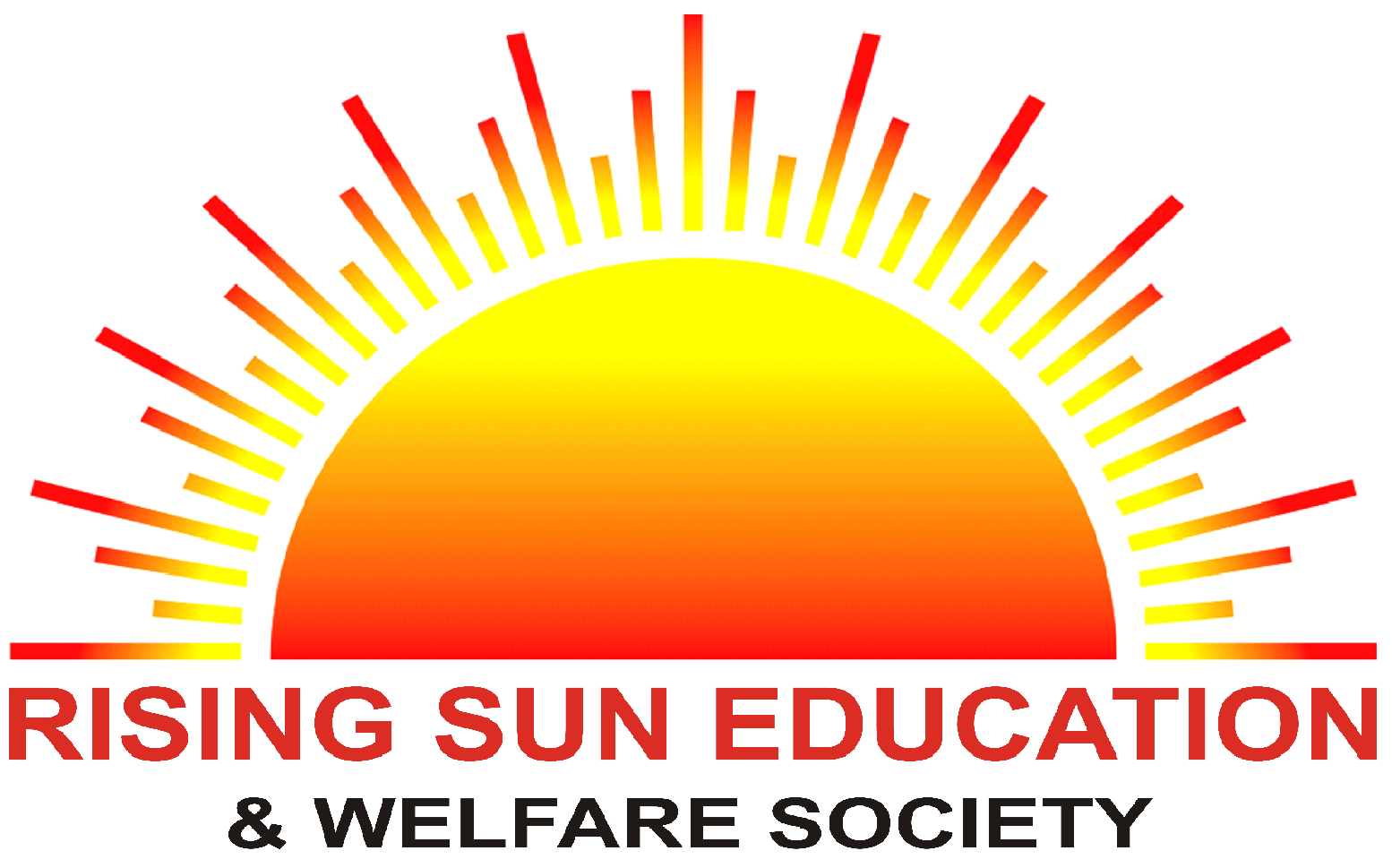Early Intervention & Special Needs
Eligibility Criteria
All children with disability aged less than three years are eligible for early intervention services provided by the Early Intervention Expert. Early intervention helps child to overcome the difficulties faced due to disability. Parents also benefit from the early intervention services as they learn to cope and deal with the child’s problems in a better way. Parents are also guided about ways to include the special child in the family and/or community activities.
Initially, parents are guided regarding the nature of services provided by the Early Intervention Experts. Moreover, parents and early intervention experts have to decide the goals that the child, and the family, needs to achieve by the end of the intervention. After mutual consensus, intervention program is initiated.
Six Steps to Follow
If you think the Early Intervention Program can help you and your child, there are six steps to follow.
Step 1: Referral
The first step is getting the child’s referral to your Early Intervention Programme (EIP). Parents can also refer their child to Early Intervention Experts if they suspect or have observed a problem in the child. If you know about Rising Sun Institute through this booklet or someone else simply call and talk to the Early Intervention Experts. As parents you must have question in your mind that:
Why your child is referred to EIP?
And the answer is that if you child development is delayed in the following of areas you must go to the Early Intervention Experts and talk about it.
- Cognitive development
- Physical (including body posture, vision and hearing)
- Communication (Receptive and Expressive language)
- Social/emotional
- Adaptive development
Step 2: Meeting with the Early Intervention Expert
Once your child is referred, you will meet an early intervention expert who will work with you and your child. Here you get information about the available services and their impact on you and your child. Early Intervention programs are provided only when parents’ consent for these services. The parents’ permission is required for the assessment of the child for specific services also. When you come to meet Early Intervention Expert you must fulfil the following requirements.
Such as:
- You must come along with the documented record about the child from birth to now.
- Child’s mother must come with the child as she is the major source of information about the child.
Step 3: Evaluation of the Child
After getting all the basic information about early intervention program and deciding that early intervention is appropriate for your child, it is important to get your child evaluated in detail to have an authentic understanding of the nature and severity of your child’s disability. . First of all must discuss the areas and their reasons for evaluation with your expert. As Rising Sun Institute believe in multi evaluation approach and provide the facility to evaluate a child from all dimensions under one roof. As parents during the assessment of the child you must interact with different experts in Rising Sun Institute.
Such as
- Medical doctor
- Psychologists
- Speech and Language Pathologist
- Physio therapist
- Occupational therapist
- Sensory therapist
- Special Educationist
Step 4: Making a Plan for Services
Once your child is evaluated from different experts, according to the opinion every expert, the next step is to develop an Individualized Family Service Program (IFSP). IFSP must be completed within 30 days after child’s referral to the Early Intervention Expert. The ITP is the written plan for the early intervention services family and child will receive.
Step 5: Putting Individualized Family Service Program (IFSP) into Action
As the planning is finalized after detailed formal and informal assessment, it is important to implement the program as the top priority. Therapeutic sessions are started as soon as possible. IFSP is put into action, though a team effort and parents are very important members of this team.
Empowering the Parents:–The vision of Rising Sun is to empower the parents through education and training regarding their child’s problem. We do this through the following points.
Such as:
- We share therapy plan of the child with their parents and encourage them to follow these goals at home
- Offer to observe the initial therapy sessions and discuss each goal in detail.
- Also provide counseling services to the parents and other family members too.
Revaluation and monitoring of the child’s progress—Each Child is re-evaluated after every six months to monitor his/her performance.
Step 6: Transition
Transition is the last and most important step of the early intervention program. As the child turns three, he needs healthy transitioning from toddler to preschooler. If the child is experiencing adjustment difficulties, he may stay in the early intervention program for a period of time but gradually he needs to get adjusted to the school environment suitable according to his disability.
